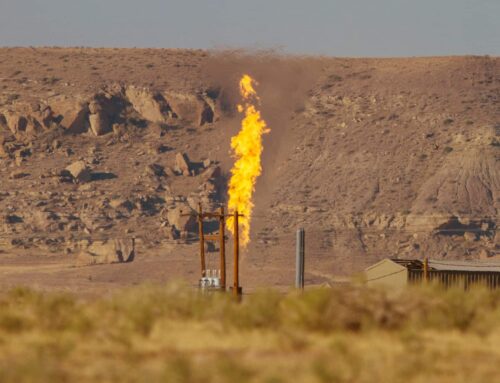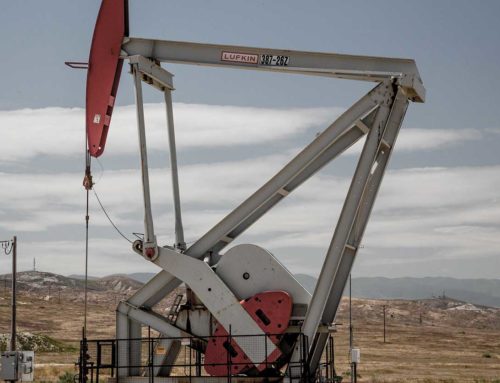In its FY2023 budget request, the Department of the Interior (DOI) recognizes the need to reform oil and gas development on federal lands and waters but leaves out the details. The terms under which DOI agencies lease federal land to oil and gas companies and the policies they have for managing those leases cost taxpayers billions of dollars every year. It’s a system badly in need of reform, which you can read all about here.
In this year’s budget, DOI acknowledges that reality but is light on their plan of action to make the needed changes. Specifically, the agency cites its months-long review of the federal oil and gas program which culminated in the release of a report last November, stating:
The report identifies key reforms necessary to ensure that the programs provide a fair return to taxpayers, discourage speculation, reduce environmental impacts, hold operators responsible for remediation, and create a more inclusive and just approach to managing public lands and waters.
But when it comes to how it plans to make those reforms, the language becomes noticeably vague:
The Department is in the process of implementing administrative changes consistent with the report’s findings and recommendations, including—where necessary—updating regulations and agency policy guidance documents that apply to existing leases as well as any new leases that may be issued.
Recently, there have been hints at reform in new lease sales, but nothing confirmed, and plans to issue stronger rules to protect the taxpayer interest have yet to be published. The agency’s annual budget request provides an opportunity to make a strong case for the policies it wants to implement. In the budget materials we’ve seen so far, DOI is passing on that opportunity, with one exception.
In its suggested FY2023 appropriations bill language, DOI introduces new inspection fees for onshore oil and gas leases. In the recent FY2022 Omnibus, Congress appropriated $50.4 million for onshore oil and gas inspection and enforcement. But carrying out the federal oil and gas program so oil and gas companies can profit from developing publicly owned resources shouldn’t cost taxpayers. DOI is hoping to fix that by instituting fees for leases on federal lands that ramp up depending on how many wells an operator holds. That’s consistent with the fees operators have been paying for years for inspections of offshore leases. The proposed fees are slightly higher that what the House Natural Resources Committee proposed in the stagnant Build Back Better bill. If implemented, the fees should cover the full $51 million DOI expects inspections to cost next year. It’s a step in the right direction, but with oil prices sky high and big oil companies raking in profits, taxpayers deserve more detail and fast.










